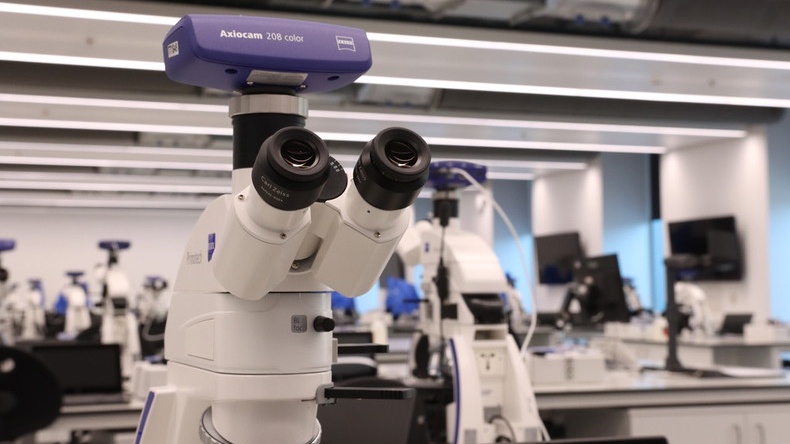The aim of this course is to develop field and laboratory skills relevant to the life sciences, as well as introduce students to a variety of teaching, learning and assessment types. The schedule will include a mixture of classroom, field and laboratory activities but will also include visits to cultural sites to introduce students to areas of interest in NE Scotland.
Field Trips
Field exercises will expose students to techniques for identifying and characterising organisms, and for sampling aspects of the environment. Field trips likely to include insect sampling, Caledonian pine forest ecology and management, agricultural soils, methods of remote and indirect sampling for squirrels, investigating plant growth and development and rocky shore ecology.
Lab Practicals
Lab practicals will develop students’ skills and relate observations and hands-on experience to concepts introduced in lectures, with post-lab debrief sessions ensuring students consolidate their learning. Laboratory sessions likely to include the use of ELISA methods to detect parasite antigens, glucose homeostasis to detect metabolic disease, plant-water relations, measuring and interpreting carbon respiration in agricultural soils, and river water analysis to examine the impact and consequences of nitrate in the environment.
Assessment
Formative exercises will introduce students to a range of novel assessment types and provide a scaffold for the final summative assessment. The types of assessments that will be introduced will include: reflective writing; critiques of published papers; oral presentations; and, graphical abstracts. Through the production of a graphical abstract and written report students will demonstrate their understanding of one of the experiments conducted during the course.
